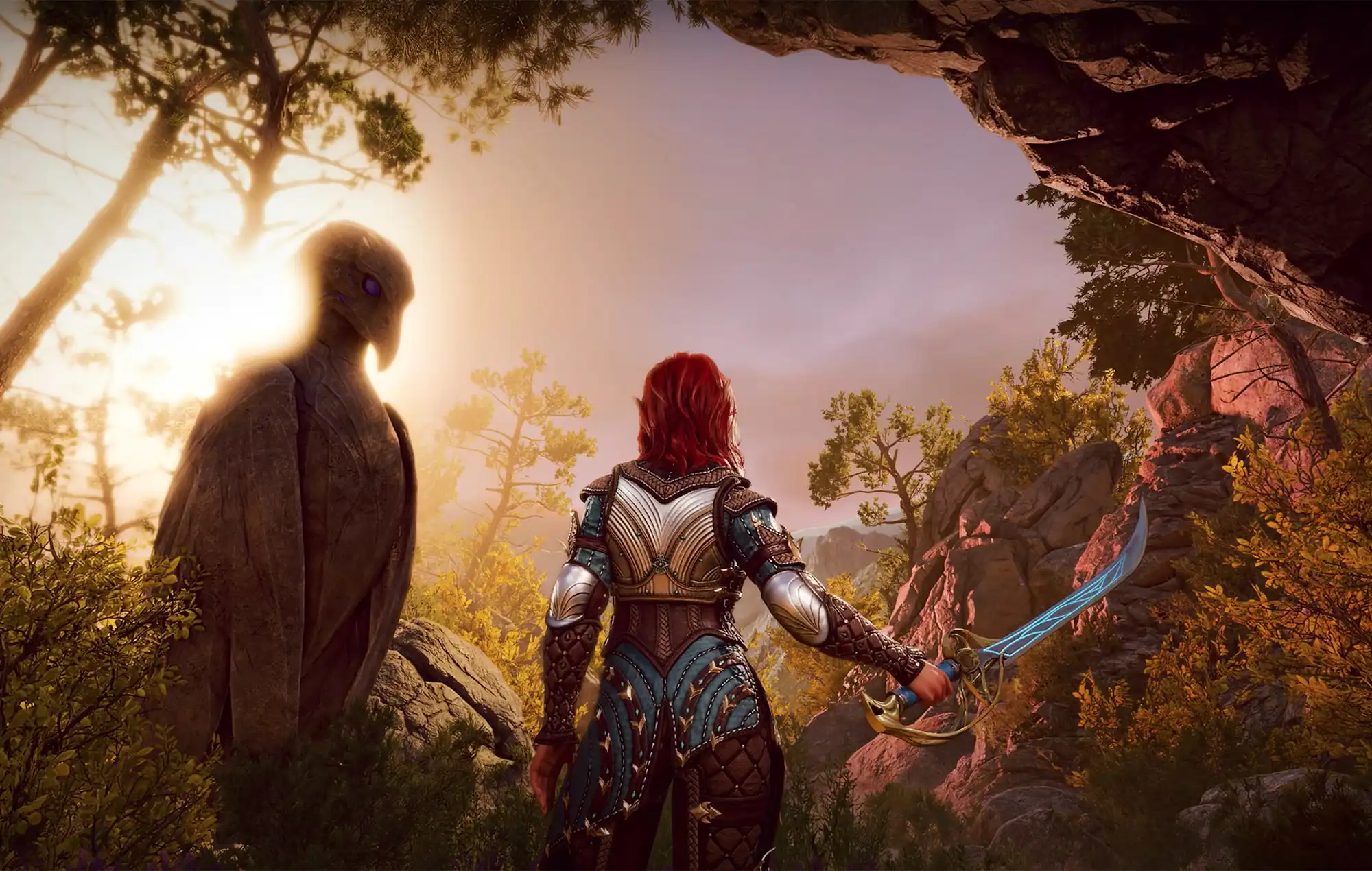Meet Scratch, a lovable character from the role-playing game (RPG), Baldur's Gate 3. Scratch may come across as a simple war dog companion, but pallid as it might seem, his contribution to the game is more profound.
After an initial encounter in the ruined chapel, Scratch can become your stalwart companion. He doesn’t possess dialogues or quests, yet his presence matters enormously, something we shall dive into in this discussion.
While other companions come with complicated backstories and emotional baggage, Scratch conveys a simple, uncompromised loyalty that shines brightly. Scratch's value isn't statistical or functional, much like his video game comrades.

Rather, his worth lies in the psychological comfort and a feeling of companionship he provides in a world filled with uncertainty and hostility, making him an irreplaceable component of Baldur's Gate 3.
The Psychological Impact of Scratch
Scratch's role deeply affects the player's psyche. How in a dog? You might question. His ceaseless companionship and unconditional devotion in this chaotic world offer a feeling of comfort and stability.
When you are busy swinging swords and casting spells, having Scratch by your side is a reminder of why you fight in the first place. His sheer presence makes the darkness bearable and the battles less brutal.
While other characters bring emotional turmoil, Scratch offers unquestioning loyalty, acting like an emotional anchor in the stormy waters of Baldur's Gate 3.
Those who have played the game and had Scratch by their side can vouch for the significance of his companionship, no matter how silent it may seem.
Companion in Combat
In the world of Baldur's Gate 3, Scratch is the perfect embodiment of a dependable comrade. While he may not offer much help in terms of combat, his determination is heart-warming.
His bravery is evident in each battle, unyielding, willing to throw himself into harm's way for the player. He's a testament to companionship and valor, despite the apparent lack of competent fighting skills.
It's important too, not to undermine the role of such noncombative yet loyal characters in RPGs. They are the ones who give depth to the game and make it more than about merely annihilating enemies.
Characters like Scratch make the game world feel alive and give players something tangible to fight for amidst all the chaos and conflict.
Incorporation of Animal Companions in RPGs
Role-playing games, especially ones of the fantasy genre, have long housed pets and animal companions within their realm. Yet, very few have managed to make an impact comparable to Scratch.
These virtual pets vary from having consequential roles like hunting animals and human assistance to being negligible entities with limited player interaction. Yet, Scratch breaks this mold by making a poignant impact on players without having a predefined active role.
Scratch's stupendous popularity speaks volumes about the importance of companionship in a game where danger lurks in every corner.
This has major implications for RPG designers, signaling the need to enrich games not only with engaging combats but also with emotionally appealing elements fostering player attachment.
CTR: Canine Therapeutic Role
The communal relationship between humans and dogs, built over centuries, extends its roots to the virtual world too. Scratch’s presence embodies psychological comfort in an otherwise violent setting.
Scratch's presence reduces the sense of solitude and despair that can often creep into the player's mind amidst the ruthless battles in the fantastical world of Baldur's Gate 3.
His companionship serves as a therapeutic element, counteracting the stressful impacts of combats and conflicts. A heartfelt testament to the age-old saying- A dog is a man's best friend, even in a chaotic fantasy world.
In the end, Scratch's role in Baldur's Gate 3 has major implications for future game design, pointing towards the importance of emotional engagement in creating immersive role-playing games.